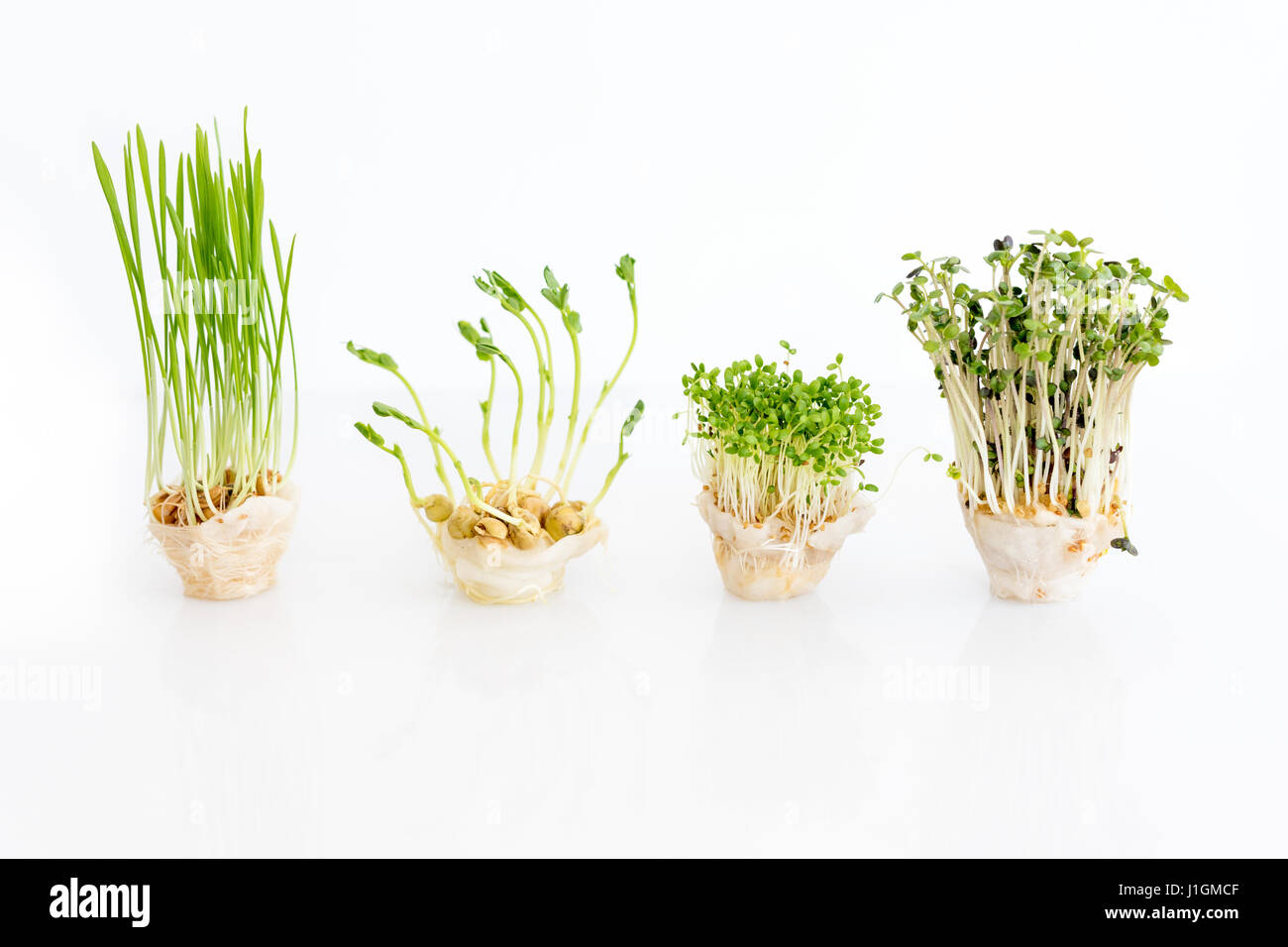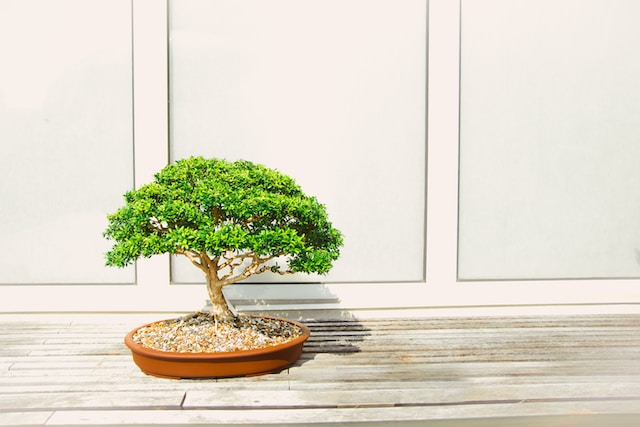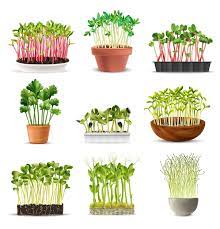Introduction
Starting your garden from seeds is a rewarding and sustainable way to grow organic produce. However, it’s crucial to ensure that the seeds you plant are free from potential diseases or contaminants. Organic seed disinfection is a responsible and eco-friendly practice that can help protect your plants, leading to healthy sprouts and abundant harvests. In this guide, we’ll explore various methods to disinfect seeds organically before planting and sprouting.
1. Warm Water Soak:
Suitable for: Most seeds
Procedure:
Fill a container with warm (not hot) water.
Place the seeds in a mesh bag or cheesecloth and immerse them in the water.
Let the seeds soak for the recommended time (varies by seed type; consult seed packaging).
Drain and rinse the seeds thoroughly before planting.
2. Hydrogen Peroxide Soak:
Suitable for: Many seeds, particularly larger seeds
Procedure:
Mix 3% hydrogen peroxide with an equal amount of water.
Soak the seeds in the solution for 30 minutes to an hour.
Rinse the seeds thoroughly with clean water before planting.
3. Vinegar Solution:
Suitable for: Beans, peas, cucumbers, and squash
Procedure:
Combine one part white vinegar with nine parts water to create a diluted vinegar solution.
Soak the seeds in this solution for 10-20 minutes.
Rinse the seeds thoroughly with clean water before planting.
4. Cinnamon Powder:
Suitable for: All seeds
Procedure:
Dust the seeds lightly with powdered cinnamon, which has natural antifungal properties.
Plant the seeds immediately after applying the cinnamon.
5. Aloe Vera Gel:
Suitable for: Smaller seeds and fragile seeds
Procedure:
Mix equal parts of aloe vera gel and water to create a thin paste.
Coat the seeds lightly with the paste and let them dry before planting.
6. Neem Oil Solution:
Suitable for: All seeds
Procedure:
Mix a few drops of neem oil in water and soak the seeds in this solution for 12-24 hours.
Rinse the seeds thoroughly before planting.
7. Baking Soda Treatment:
Suitable for: Beans, peas, and other legumes
Procedure:
Dissolve a teaspoon of baking soda in a cup of water.
Soak the seeds for 12-24 hours.
Rinse the seeds well before planting.
8. Biological Control with Trichoderma:
Suitable for: Most seeds
Procedure:
Treat the seeds with a biological control agent like Trichoderma, which is effective against various seedborne pathogens.
Follow the manufacturer’s instructions for application and dosage.
9. Sun and Air Drying:
Suitable for: Seeds with hard shells
Procedure:
Leave seeds exposed to direct sunlight and open air for a few days to naturally disinfect them.
Ensure they are fully dried before planting.
Conclusion
Organic seed disinfection is a simple yet essential step in ensuring the health and vitality of your garden. By using these organic methods, you can protect your seeds and plants from potential diseases and contaminants while staying true to your commitment to organic and sustainable gardening. Remember to follow specific instructions for each type of seed and enjoy the benefits of growing a thriving, disease-free garden from the very start. Happy planting!




